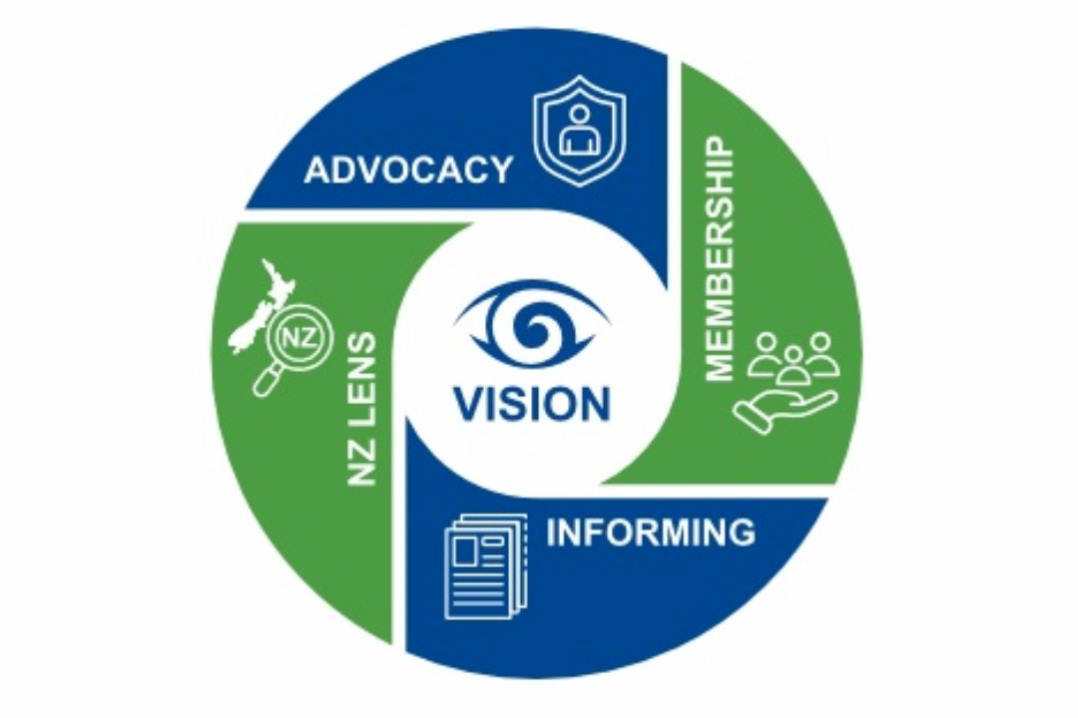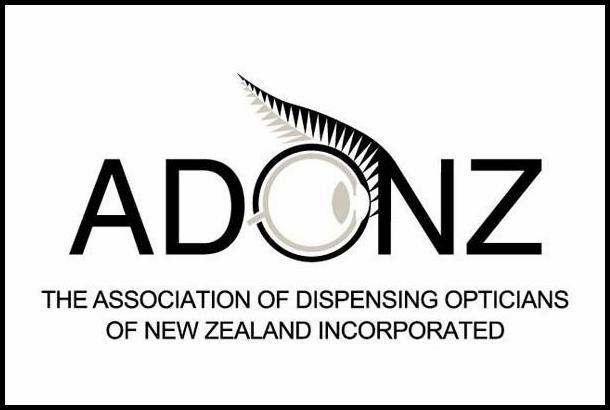The sustainability starting line
The benefits of using a materiality assessment to identify your biggest sustainability risks and opportunities, and how to bring your employees and customers on the sustainability journey with you. By Vanessa Thompson
With increased awareness around sustainability and more demand from customers, businesses are now seeing sustainability as a strategy they can no longer ignore. Sustainability can be complicated and challenging; there is a lot of complex and conflicting information. One of the biggest challenges is knowing where to start.
Author and management consultant Peter Drucker once said, “You can’t manage what you can’t measure.” To be able to set goals and action changes in your business, you need a clear picture of what social and environmental initiatives you already have in place. Start by mapping out or completing a materiality or risk assessment*. This helps to identify the most ‘material issues’ and the importance each of these has to your business.
A materiality assessment will help to expose any potentially damaging risks you face, and the urgency with which you need to tackle them. Prioritising these issues becomes easier when you have identified what is most important, and the ‘easy wins’ become clearer. The option to get external help at this stage will help give you a clear, unbiased look at these issues and help identify possible opportunities you might not have spotted.
The assessment is a strategic business tool that will give you information to inform your strategy and advise what you need to report on. When starting the assessment, you will need to cover social, environmental and business values, and conduct interviews with key employees and stakeholders. It is important to consider all areas, as one can often affect another. Social issues include the transparency of your supply chain, gender equality and diversity, living wages, staff training, working hours and codes of conduct. Environmental issues include waste, pollution, energy and water use, responsible chemical use and packaging. Business values to consider are your purpose, philanthropy and policies around corruption and bribery.
Once you have identified your key issues, you can create and share a list of environmental, social and governance (ESG) goals for company-wide implementation. By sharing these goals, you will help your employees engage with your business values and improve motivation by driving accountability. These ESG values are reported to be particularly important to millennial employees.
Communication is key here. Keeping communication lines open about your sustainability goals with your factories can not only build stronger relationships, but also reveal potential opportunities and cost savings. This can lead to impactful stories you can tell your customers. Being transparent about your relationships with manufacturing and supply-chain partners, builds trust and adds value for your customers, while giving you an advantage over your competitors.
Your competitors, however, may also be making moves in this space, so it is important to keep an eye on what they are communicating. Completing a competitor assessment and mapping out their initiatives and issues can give you an idea of where you are sitting in the market and where you are falling behind in the eyes of the customer.
Getting started is the hardest part of your sustainability journey but completing a materiality assessment will help you to see your biggest risks and opportunities clearly.
*KPMG defines materiality assessment as the process of identifying, refining, and assessing numerous potential environmental, social and governance issues that could affect your business and/or your stakeholders and condensing them into a shortlist of topics that inform company strategy, targets and reporting.
Vanessa Thompson is the founder and director of Unravelled, a New Zealand-based consultancy helping businesses understand their options and take action towards a more sustainable and resilient future. For more, see https://www.unravelledconsultants.com/ or contact Vanessa on info@unravelledconsultants.com
























